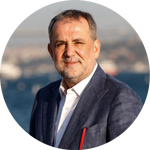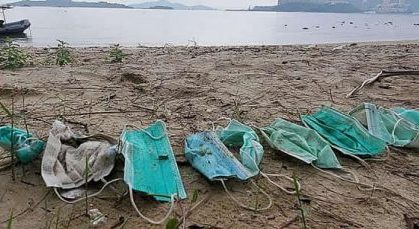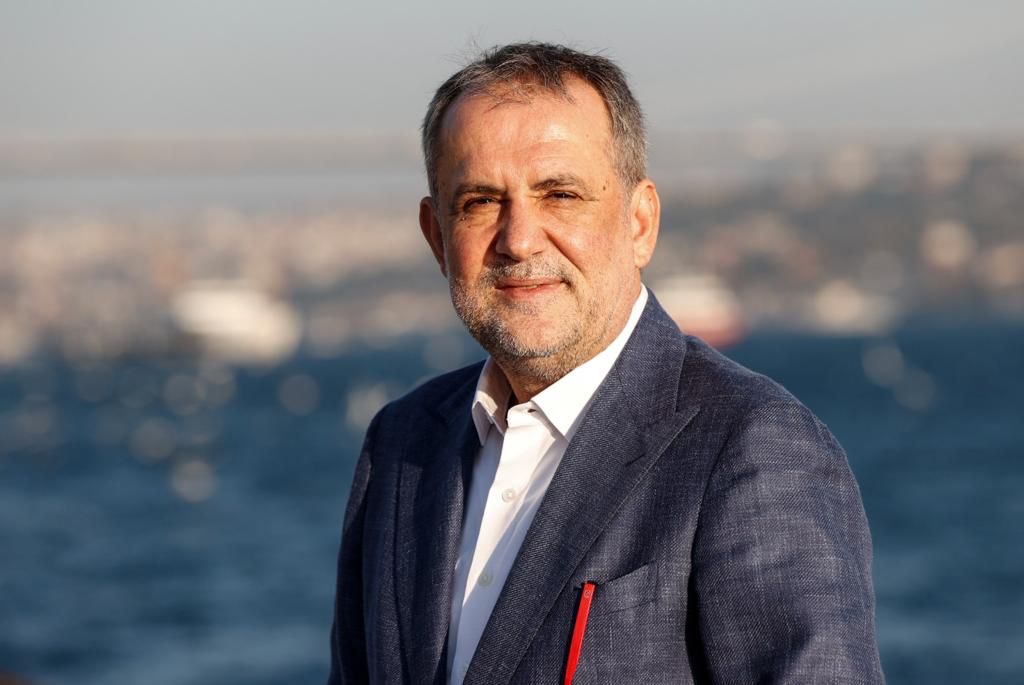This article is concerned with the steps taken so far by our country with respect to the climate change and the details of the Paris climate negotiations. However, I would first like to share an anecdote about events in the recent past in order to have a better understanding of the negotiations being currently conducted.
A meeting was held in 1992 in Berlin where rather critical climate-related decisions were taken. Back then, Turkey, like many other countries, did not have an established regulatory policy on climate change, the Ministry of Climate having been newly founded.
A GRAVE MISTAKE HAS BEEN CORRECTED
In Berlin, where countries were classified according to their economic strength, the bureaucrat of the time got somehow carried away beyond all prudent bounds and convinced the authorities to include Turkey in the category of developed countries that would reduce their emissions and provide financial incentives to developing countries.
If the things told by the foreign negotiators who participated in the meeting are anything to go by, Turkey wanted to be put on an equal footing with EU countries despite all warnings and was thus promoted to the level of other developed countries that would reduce their emissions and provide financial aid to other countries. Well, which countries would these be? China, Singapore, South Korea, India, Brazil, Argentina, and oil-rich gulf countries such as Qatar and Saudi Arabia… The grave consequences of this decision could not be understood at that time; it was only a long while before its potential repercussions could be fully grasped. Many attempts were made to reverse the potentially ill consequences of a decision wrongly made but putting things right did not prove to be an easy task, after all.
For this reason, Turkey has not become a party to the Framework Convention on Climate Change for 12 years; she was finally removed in 2001 in Morocco/ Marrakesh from the list of countries providing funds to less-developed countries, and became a party to the Framework Convention in 2004. In 2010 in Mexico, on the other hand, it was recognized that Turkey possessed special conditions compared to other developed countries in the list and confirmed that she had no obligation to provide funding.
This unfortunate mistake made years ago was in our minds throughout the negotiations of the new climate convention and on our way to Paris. During the negotiations, we travelled to various places in the world 180 times in 18 months, thinking that it was high time ‘we woke up and smelled the coffee’ in order to protect the interests and rights of our country.
THREE RED LINES
Turkey had three red lines in climate negotiations. The first and foremost among these was the removal of the above-mentioned country classification and shedding ourselves of the developed country status. The second was to get the idea, “Do not expect anything from us other than the voluntary reduction contribution we promised back in September” across. And the third was to get the assertion “Our emission reduction potential is quite high, give us the money and let us do much better” accepted.
PROMISE FROM FRANCE TO TURKEY
While putting down our red lines in Paris, we gave our full support to certain aspects of the convention such as the fulfillment of long-term objectives, working in harmony, showing determination and willingness, doing periodical revisions and upholding transparency. We managed to get the first two of our red lines fully incorporated into the fabric of the Paris convention.
As regards the provision of financial aid to Turkey, which was our third red line on the other hand, Fabius, the Foreign Affairs Minister of France, promised to spare no effort to secure the requested financial aid during the session in which 195 countries were to be represented at the highest level.
Not all demands of every country can be fulfilled during negotiations; however, if you express the demands of your country in a sincere, realistic, and accurate manner, you can achieve good results.
In the United Nations, such decisions are subject to the unanimous approval of all countries. In other words, you have to convince each and every country. Otherwise, political will comes into play and the head of state of the host country calls the heads of state of other countries and tries to convince them.
HIGH-LEVEL TURKISH BUREAUCRATS JOIN THE NEGOTIATIONS
Turkey has been represented in Paris by a very strong delegation. Representatives of the relevant ministries were there and they conducted tough and unyielding negotiations. Fatma Güldemet Sarı, the Minister of Environment and Urban Planning, personally took a seat at the negotiation table, set forth the red lines and solicited support for the country’s demands during additional bilateral meetings she held with the ministers of other countries. Meanwhile, the Minister of Foreign Affairs, Mevlüt Çavuşoğlu, took up the cudgels for his country and established a basis for diplomacy with France.
During the first stage of the negotiations, our President of the Republic took part in the Leaders’ Summit and set forth the red lines, demands and the official stance of our country. He also held talks with the President of France twice during the last three days, not leaving us to our own devices without support.
As a matter of fact, all negotiations are political processes. We received the support of the President of the Republic for the first time during climate negotiations and thus found the opportunity to strengthen our bargaining hand. Recep Tayyip Erdoğan, the President of the Republic of Turkey, has been blessed with the privilege to say YES to the Framework Convention in 2004, to the Kyoto Protocol in 2009, and to the Paris Convention in 2015.
Even though he has been singled out as an enemy of the environment during the Gezi events, the President of the Republic has displayed the courage to be a party to all of the three international environmental conventions as a statesman who stood out with his environmentally friendly policies throughout his political life. The President once again proved that he was truly an environmentalist.
In brief, Turkey came out of the climate negotiations in Paris smelling like a rose: it prevented the endorsement of decisions that would run counter to the interests of the country, rectified the mistakes made in the past and promised its full commitment to fulfill its responsibilities in the fight against the climate change. We are loath to take a harsh view of our critics; we will continue working hard in order to become a strong country which can achieve sustainable development.



